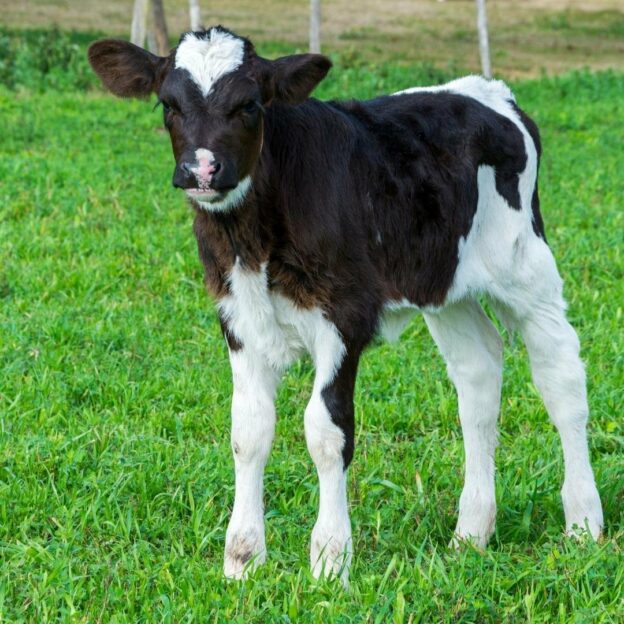Animal sacrifices begin not only the parsha and the sefer of Vayikra but the world as we know it. Because Noach was commanded to take extra animals of certain species on the ark for the purpose of offering them as korbonos.
Interestingly, it was Noach who was the first person permitted to eat animals; before the flood, vegetarianism was the Divine order. That might have bearing on understanding what a korbon is.
The hierarchy of creation noted in many Jewish sources are: domeim, tzomei’ach, chai, medaber: “still” (mineral), “growing” (vegetation), “living” (animal) and “speaking” (human). It was a hierarchy innately understood by early humans.
At least until the generation of the flood, when the Torah refers to the people as basar, “flesh” (Beraishis 6:3, 6:13). That reflected the fact that men mated with animals (Rashi, Beraishis 6:2, based on Beraishis Rabba 26). Society had devolved to the point where it considered all “flesh” to be essentially the same, that saw humans as simply evolved beasts.
It is conceivable that the permission to consume animal flesh was intended to re-establish the hierarchical distinction between “living” and “speaking” beings.
If so, perhaps a message that lay, and lies, in the concept of an animal sacrifice is that we humans are a momentous and qualitative step above the animal world, that we can kill and eat animals, and are meant to rise above the animalistic elements of our nature, which misled the generation of the flood to equate the animal and human spheres.
And our position at the pinnacle of nature forces us to recognize our proximity to what is above us. Which would well fit the meaning of the word korbon, which does not mean “sacrifice.” It is from the word karov, “near.” And is best rendered, if awkwardly, as “bringer of closeness.” Closeness to Hashem. A korbon reminds us that we are above animals, hence closer to the Divine.
Which may be why Rabi Yehudah HaNasi states that an am ha’aretz, a person oblivious to his calling to holiness, is “forbidden to eat meat ”(Pesachim, 49b). It would be, in a way, cannibalism.
© 2023 Rabbi Avi Shafran
